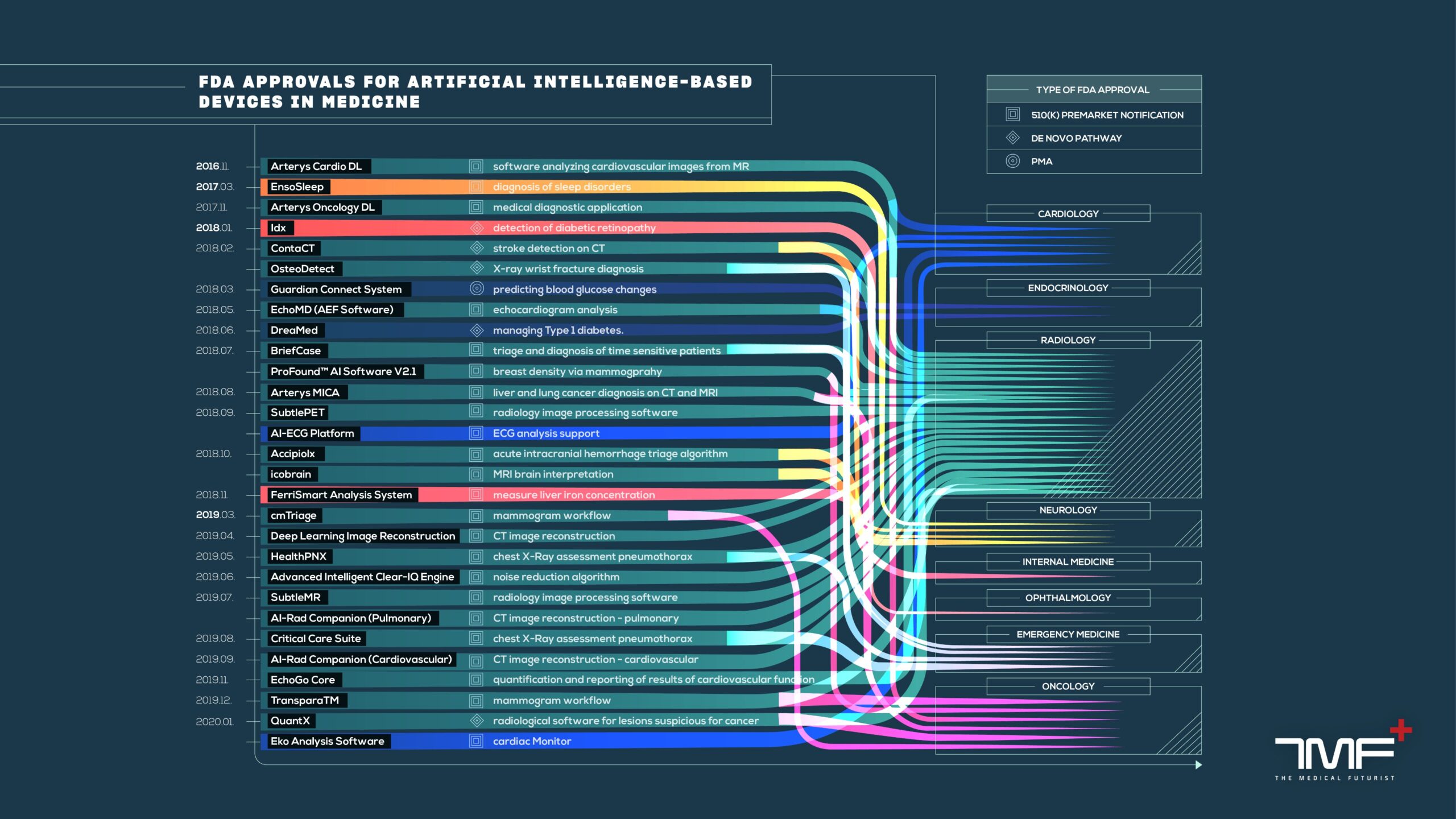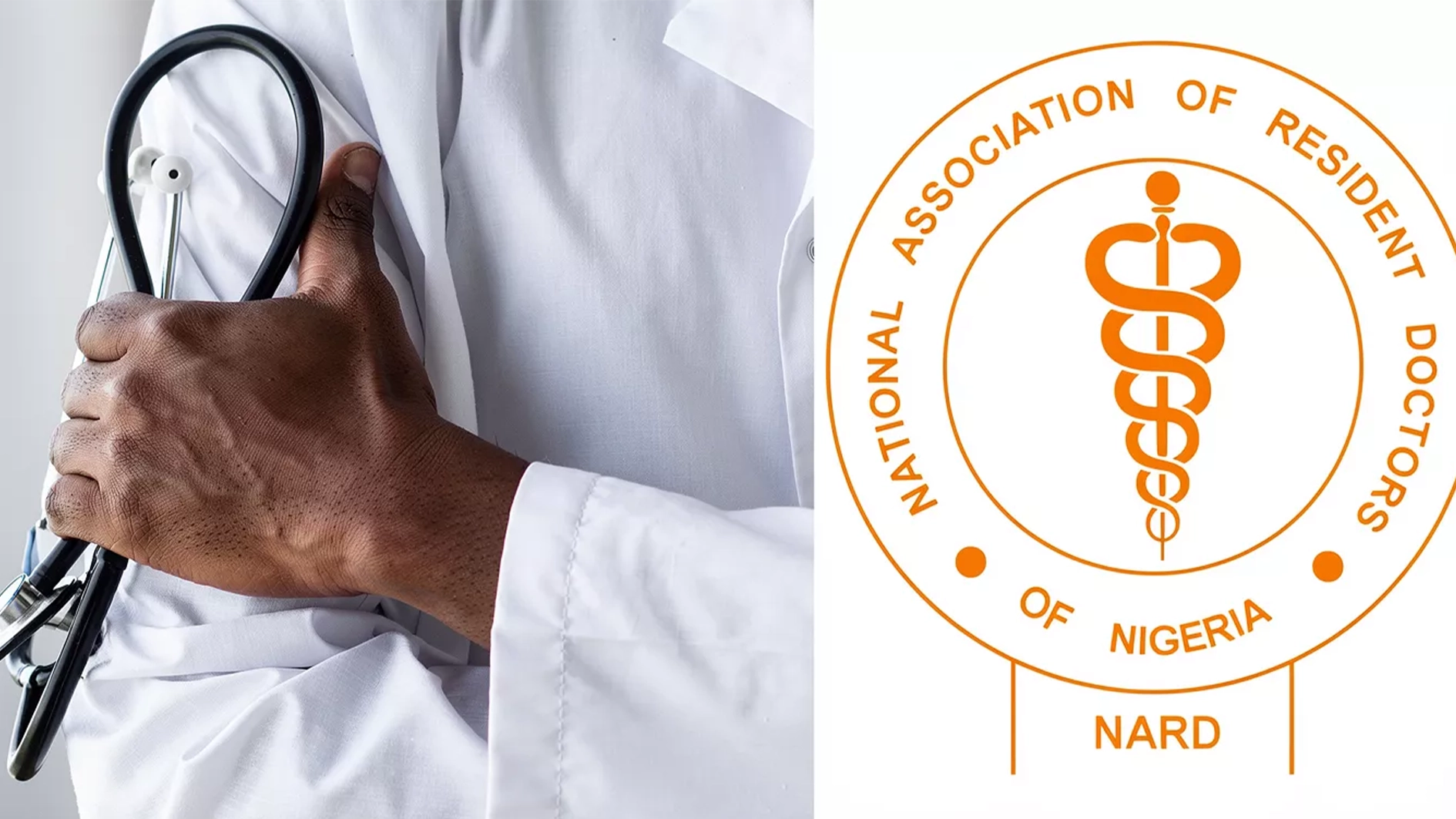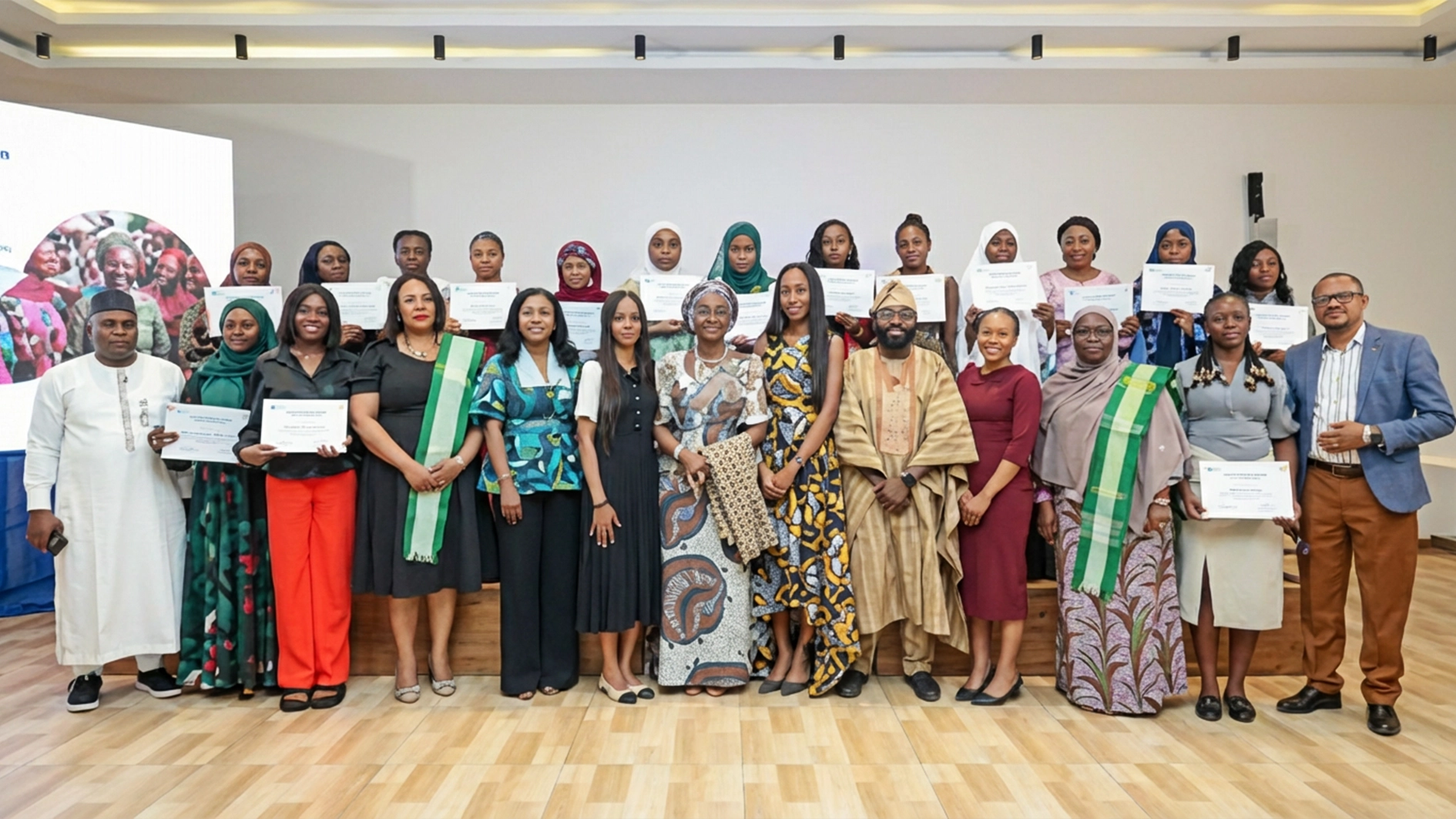
Public health practitioners, under the aegis of the Health Promotion and Education Alumni Association, Ibadan College of Medicine (HPEAAICM), have cautioned Nigerians against relying on Artificial Intelligence (AI) for self-diagnosis and medical prescriptions, stating that such practices may be injurious to health.
They decried the increasing incidence of people consulting the internet instead of qualified medical practitioners, warning that medications prescribed by AI or sourced online may not take into consideration the medical history of patients, and therefore could cause more harm than good.
The stakeholders spoke at the opening of a two-day Annual General Meeting and Scientific Conference of the HPEAAICM, themed “Artificial Intelligence and Innovations in Public Health,” in Ibadan.
Speaking at the event, the President of the Association, Dr. Bright Orji, said AI has come to stay, and there is a need for moderation in its usage, particularly for public health consumers and practitioners alike.
He said the conference seeks to open the eyes of stakeholders in the public health sector to the various possibilities inherent in AI as it relates to public health and safety, and how practitioners can leverage these tools for improved service delivery while also calling attention to the various pitfalls.
Dr. Orji stated, “The reason we want to do this is so that everyone is well aware of what to do. You can observe that even social media is being misused and abused. So, it’s very important that there is a lot of information, and of course, disinformation in the age we live in today.
“The emergence of Covid-19 and Ebola taught us great lessons. In fact, during the Ebola period, people were drinking bags of salt as a way to prevent it. But you can see that information was abused; it wasn’t how it should be. So, what we are doing now is ensuring that Artificial Intelligence is properly deployed, and there should also be regulations on how AI should really be used so that people can benefit from it and use it to improve our society and the lives of mankind.
“Many people believe in AI, and what we’re saying is that they should use it appropriately. With AI, there are so many things you can do in a second. So, this is part of the benefit we want to ensure. With AI, medical doctors going on ward rounds can be assisted to ensure their rounds are facilitated, evidence-based, and can improve the lives of their patients.”
The President of the Ibadan College of Medicine Alumni Association (ICOMAA) Worldwide, Professor Emmanuel Otolorin, said although AI presents many opportunities that can be harnessed, public health consumers and practitioners must be aware that AI can hallucinate and create what doesn’t exist.
He warned that individuals should not see AI as all-knowing and that it cannot replace professionals.
Professor Otolorin said, “Artificial intelligence comes with a lot of opportunities that can be deployed to improve health care delivery. Yes, it might make the work of health care providers easier, but we have to be very careful in how we deploy the numerous tools available on AI platforms.
“There are tools for processes that can be applied in health care delivery, and I think we’re quite new in the process now, but over time, people will dissect the different applications available and see how they can be deployed. Of course, they can also be abused.
“We have to be careful that people don’t begin to use AI in place of health care workers because some AI tools, I would say, hallucinate.
“My son is a computer scientist, and he actually showed me how an AI tool created a drug that doesn’t exist and also described side effects of a drug that actually doesn’t exist. So AI can hallucinate. You have to be a content expert to know what it’s talking about.
“If you use an AI tool and ask it to do something, you have to be knowledgeable enough to know that what it has done is correct and not just adopt it.”
He said the Nigeria Medical and Dental Council will deal decisively with medical practitioners who make mistakes on account of using AI.
“If a health care worker makes a mistake and tries to blame AI, he or she will be in trouble with the Medical and Dental Council. We go to medical school to be taught how to identify patients with problems, analyse the problems, consider multiple solutions, and then choose the best option for the patient.
“You cannot hand it over to AI. If something goes wrong, you’ll be in trouble with the Medical and Dental Council. Of course, there are many quacks out there now using AI. There have been quacks even before AI came on board, masquerading as doctors. They are all over the place and in every health care profession, not just doctors—nurses, physiotherapists, and pharmacists. Quacks are everywhere, so you have to be careful.
“Patients, too, have to be careful because some people now use Google as their doctor. When you make Google your doctor, you have to be responsible for what happens to you, especially in a country where pharmacists will sell you any drug without a prescription.
“So, if you Google and say, ‘I have a headache,’ and Google says, ‘do this,’ you go to the pharmacist, they sell it to you, and you use it. Who knows what you have? Maybe you have a tumour in the brain that Google never knew about, and you’re taking drugs that Google recommended. So, we have to be very careful,” Professor Otolorin added.
Earlier, the Provost of the College of Medicine, Professor Temidayo Ogundiran, said the theme of the meeting is timely in an era when the world is going nuclear, and Nigeria cannot be left behind.
The acting head of the Department of Health Promotion and Education at the Faculty of Public Health, University of Ibadan, Dr. Mojisola Oluwasanu, said stakeholders should collectively ensure that the deployment of AI enhances, rather than diminishes, the human elements in public health promotion research and practices.
“As public health promotion specialists, we must be poised to embrace the integration of this innovation in our research and practice.
“Educational institutions need to provide valuable, research-informed perspectives on the application of AI for health promotion research and practice, while policymakers play a key role in developing regulations for AI applications that align with societal norms and legal requirements.”






